Market Analysis: Trends and Opportunities in Industrial Beer Making Equipment
The industrial beer making equipment market has witnessed significant growth in recent years, fueled by a global resurgence in beer consumption, advancements in technology, and the evolving preferences of consumers. This market encompasses a broad range of machinery and systems used in the production of beer, from brewing kettles and fermentation tanks to filtration and packaging equipment. In this article, we delve into the current trends and emerging opportunities within this dynamic industry.
Trend 1: Automation and Digitization
The integration of automation and digitization technologies into industrial beer making equipment has revolutionized the brewing industry, leading to significant improvements in production efficiency, cost reduction, and product quality. This trend is evident in various aspects of the brewing process, from raw material handling to final packaging.
Streamlining Production Processes
Automated systems streamline production processes by eliminating manual tasks and reducing human intervention. For instance, automated cleaning and sanitation procedures ensure that equipment is thoroughly cleaned and sanitized after each use, reducing the risk of contamination and improving hygiene standards. This not only enhances product quality but also saves time and labor costs.
Precision Control During Fermentation
During fermentation, automated systems provide precise control over critical parameters such as temperature and pressure. This ensures that the beer develops the desired flavor profile and consistency across batches. For example, advanced control systems can adjust the temperature within narrow ranges to optimize yeast activity and fermentation kinetics. According to industry reports, precision control during fermentation can lead to a reduction in spoilage rates and an increase in overall product quality.
Real-Time Monitoring and Data Analysis
Digital platforms enable real-time monitoring of production processes, allowing brewers to track key performance indicators (KPIs) such as fermentation progress, energy consumption, and equipment efficiency. This data can be analyzed to identify areas for improvement and optimize operations. For instance, brewers can use data analytics to adjust fermentation conditions in real-time to achieve the desired beer profile. Additionally, predictive maintenance algorithms can analyze equipment data to predict potential failures and schedule maintenance activities before they occur, reducing downtime and improving overall equipment effectiveness (OEE).
Examples and Data
Automated Fermentation Control Systems: Many modern breweries have implemented automated fermentation control systems that use sensors, actuators, and control algorithms to maintain optimal conditions throughout the fermentation process. These systems can reduce fermentation time by up to 20% and improve product consistency by ensuring that every batch is fermented under identical conditions.
Digital Platforms for Real-Time Monitoring: Companies like WEMAC offer digital platforms that integrate with brewing equipment to provide real-time monitoring and data analysis capabilities. These platforms enable brewers to visualize production data, identify trends, and make data-driven decisions to optimize operations.
Increased Efficiency and Reduced Costs: According to industry estimates, the adoption of automation and digitization technologies in industrial beer making equipment can lead to a significant increase in production efficiency, with some breweries reporting productivity gains of up to 30%. Additionally, the reduction in labor costs and downtime due to automation can lead to substantial cost savings over the long term.
In summary, the increasing adoption of automation and digitization technologies in industrial beer making equipment is transforming the brewing industry. By streamlining production processes, providing precision control during fermentation, and enabling real-time monitoring and data analysis, these technologies are helping brewers improve product quality, reduce costs, and respond quickly to market changes.
Trend 2: Sustainability and Environmental Consciousness
Sustainability and environmental consciousness have emerged as pivotal trends shaping the industrial beer making equipment market. This shift is driven by consumers' growing demand for eco-friendly products and brewers' commitment to minimizing their environmental footprint. The industry is responding by investing in equipment and practices that prioritize waste reduction, water conservation, energy efficiency, and the use of biodegradable materials.
Minimizing Waste and Reducing Water Consumption
Breweries are implementing various strategies to minimize waste and reduce water consumption during the brewing process. One notable example is the adoption of closed-loop brewing systems. These systems recycle water multiple times within the brewing process, significantly reducing the amount of fresh water required. Additionally, they often incorporate advanced filtration technologies to ensure that recycled water meets stringent quality standards for reuse. According to industry estimates, closed-loop brewing systems can reduce water consumption by up to 90% compared to traditional brewing methods.
Energy-Efficient Technologies
Breweries are also investing in energy-efficient technologies to reduce their carbon footprint. This includes the use of high-efficiency heating and cooling systems, as well as advanced insulation materials to minimize heat loss. Many breweries have adopted renewable energy sources such as solar and wind power to power their operations, further reducing their reliance on fossil fuels. These measures not only contribute to environmental sustainability but also help breweries save on energy costs in the long run.
Biodegradable Packaging Materials
In addition to improving production processes, breweries are also focusing on the sustainability of their packaging materials. The development of biodegradable packaging materials has gained traction in recent years, as they offer a more environmentally friendly alternative to traditional plastic packaging. These materials are designed to degrade naturally under certain conditions, reducing the amount of waste that ends up in landfills or waterways. Many breweries are now offering products packaged in biodegradable materials, such as paper, cardboard, and bioplastics derived from plant-based sources.
Efficient Waste Disposal Systems
Finally, breweries are implementing efficient waste disposal systems to manage the byproducts of the brewing process. This includes the separation and proper disposal of spent grains, yeast, and other waste materials. Some breweries have even found innovative ways to repurpose these byproducts, such as using spent grains as animal feed or fertilizer, or converting yeast into nutritional supplements. These practices not only reduce waste but also create new revenue streams for breweries.
Examples and Data
Closed-Loop Brewing Systems: Several breweries around the world have implemented closed-loop brewing systems that recycle water and capture CO2 emissions. For instance, a major European brewery has reported a 90% reduction in water consumption through the use of its closed-loop system.
Biodegradable Packaging Materials: A US-based craft brewery has switched to biodegradable packaging materials for its beer bottles and six-pack carriers. This change has not only improved the brewery's environmental footprint but has also resonated positively with consumers, leading to increased sales.
Energy-Efficient Technologies: A leading Asian brewery has invested in high-efficiency heating and cooling systems, as well as solar panels to power its operations. As a result, the brewery has reported a significant reduction in energy consumption and associated costs.
In conclusion, sustainability and environmental consciousness are key trends driving the industrial beer making equipment market. Breweries are responding to consumer demands by investing in equipment and practices that minimize waste, reduce water consumption, utilize energy-efficient technologies, and employ biodegradable packaging materials. These efforts not only contribute to environmental sustainability but also benefit breweries through cost savings and increased consumer appeal.
Trend 3: Craft Beer Revolution and Microbreweries
The craft beer revolution has indeed left a profound mark on the industrial beer making equipment market, particularly through the proliferation of microbreweries and nanobreweries. These smaller-scale operations, known for their niche offerings and experimental brewing techniques, have necessitated a shift in the design and manufacturing of brewing equipment.
Specialized Equipment for Small Batches:
Microbreweries and nanobreweries often require equipment that can handle smaller batch sizes efficiently. Manufacturers like WEMAC have responded by designing flexible and customizable systems tailored to the unique needs of craft brewers. This includes equipment for fermentation, filtration, and packaging, all optimized for smaller volumes.
Innovation in Equipment Design:
The success of craft beer has sparked a surge in demand for specialty ingredients and flavors, which in turn has driven innovation in brewing equipment. Manufacturers are now producing machines that can precisely control temperature, pressure, and mixing ratios to ensure consistency and bring out the best in these unique ingredients.
Examples and Data:
While specific examples and data may vary, the trend towards specialized and customizable equipment is evident across the industry. Many craft breweries have reported an increase in efficiency and product quality after adopting these new systems.
One notable example is the rise of automated brewing systems that can handle multiple steps of the brewing process, from milling the grains to packaging the final product. These systems offer craft brewers the ability to scale up production while maintaining the quality and character of their beers.
In terms of data, market research firms have reported steady growth in the craft beer segment, with a corresponding increase in demand for specialized brewing equipment. Some estimates suggest that the global craft beer market is expected to grow at a compound annual growth rate (CAGR) of over 5% in the coming years, driving demand for innovative brewing solutions.
The craft beer revolution has significantly impacted the industrial beer making equipment market by fostering the development of specialized and customizable equipment tailored to the needs of microbreweries and nanobreweries. This trend is likely to continue as craft beer continues to gain popularity and drive innovation in the brewing industry.
Opportunities
Emerging Markets:
The rapid economic growth in regions such as Asia-Pacific, Latin America, and Africa presents lucrative opportunities for industrial beer making equipment suppliers. As consumer spending power increases and beer consumption patterns evolve, these markets are poised for significant expansion in the beer industry. Breweries in these regions are investing in modern, efficient equipment to meet the growing demand for high-quality beer, creating a vast untapped market for equipment manufacturers.
Innovation and Customization:
The relentless pursuit of novel beer styles and flavors by consumers has sparked a demand for innovative and customized brewing equipment. Manufacturers that can stay abreast of technological advancements and anticipate consumer trends have the opportunity to differentiate themselves in a fiercely competitive market. By offering tailored solutions that cater to the unique needs of craft brewers and large-scale producers alike, these companies can establish themselves as leaders in the industry.
Sustainability Solutions:
Amidst growing environmental concerns, there is a heightened demand for sustainable beer making equipment. Breweries are increasingly looking to reduce their carbon footprint and appeal to environmentally conscious consumers. Manufacturers that can offer eco-friendly solutions, such as energy-efficient equipment, water recycling systems, and biodegradable packaging materials, will likely see a surge in demand. By addressing the sustainability challenge head-on, these companies can position themselves as responsible partners in the beer industry's journey towards a greener future.
In summary, the industrial beer making equipment market offers a myriad of opportunities for suppliers and manufacturers. By tapping into emerging markets, staying at the forefront of innovation and customization, and offering sustainable solutions, these companies can capitalize on the growing demand for high-quality beer and secure a competitive edge in the industry.
Conclusion
In conclusion, the industrial beer making equipment market is poised for continued growth and innovation. Automation, digitization, sustainability, and the craft beer revolution are all driving forces shaping the industry. By staying abreast of these trends and capitalizing on emerging opportunities, manufacturers can position themselves for success in this dynamic and exciting market.
Products
- Beer brewery equipment
- Craft brewing equipment
- Home brewing equipment
- Microbrewery equipment
- Commercial brewing equipment
- Industrial brewery equipment
- Pilot brewing system
- Brewhouse & Mash system
- Fermentation tank
- Bright / Brite tank
- CIP system
- Beer filling machine
- Pasteurizer
- Hop gun
- Yeast propagation equipment
- Beer concentration equipment
- Carlsberg flask
- Reverse osmosis water filtration systems
- Mobile water treatment systems
- Water Purification Equipment
- WFI equipment
- Purified water tank
- CIP system
- Multi effect water distiller
- Pure steam generator
- WFI tank
- Solution preparation tank
- Tube heat exchanger
- Storage and distribution system
- Liquid preparation system
- Demineralized water system
- Vapour compressor
News & Exhibitions
- Why Beer Concentration Matters: Unpacking the Standard ABV Range
- Why Every Craft Brewer Needs a Pilot Beer Brewing System
- Top 5 Benefits of Using a Pilot Beer Brewing System for Small Breweries
- Setting Up a Microbrewery? Why Turnkey Equipment Might Be Right for You
- How Nano Brewery Equipment is Changing Experimental Brewing: A Deep Dive into Small-Scale Innovation
- Essential Craft Beer Equipment for Starting Your Brewery
- Integrating Smart Equipment into Your Microbrewery
- From Grain to Glass: Building the Perfect Complete Brewing System for Your Home
TAGS
- turkey brewery equipment
- small beer brewery equipment,mini beer brewery equ
- brewing equipment manufacturers uk,home brewing eq
- sovereign stainless steel fermenter
- Nano brewery equipment, brewing systems manufactur
- home brewing distillation equipment
- craft brewery equipment for sale, craft beer equip
- complete brewery for sale
- beer brewing equipment
- 15 gallon jacketed fermenter
- automatically brew equipment,50L Brewing equipment
- dry hops addition
- mixing tank manufacturers
- hops addition gun
- hop additive gun
- Craft beer making equipment for Malaysia
- pilot brewing system
- Microbrewery machine
- CIP system
- professional Cleaning in place equipment
Newest Products
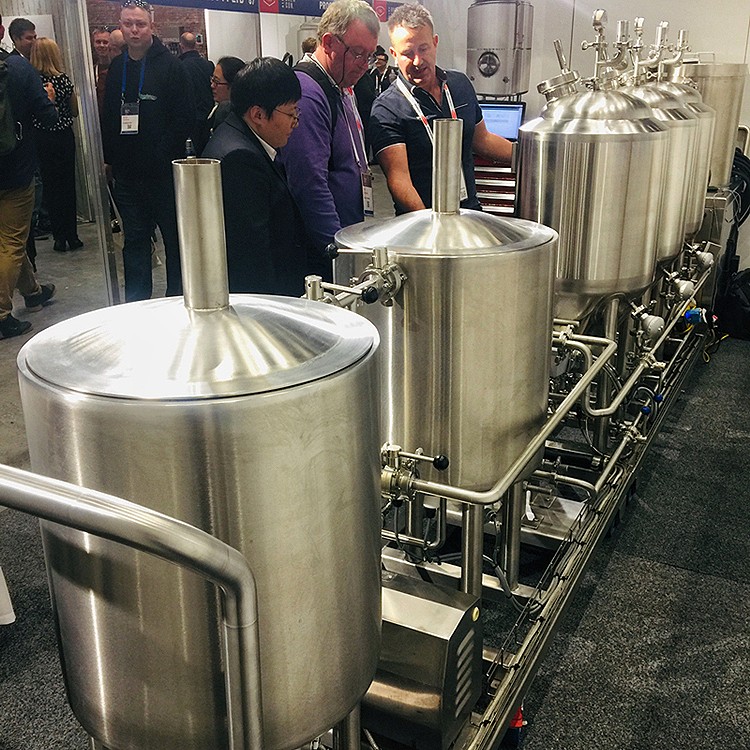
Marketplace home & living lifestyle home brewing d...
The home brewing and distilling market has grown in popularity in recent years, ...
More >>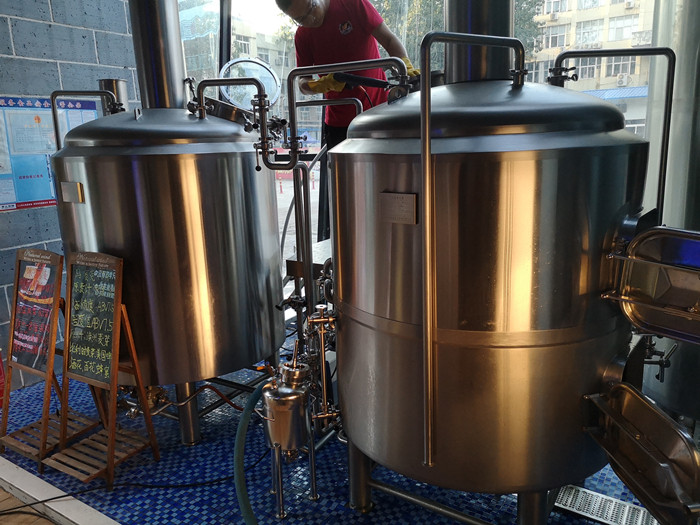
Beer brewhouse and fermentation tanks microbrewery
WEMAC-Main product categories:
Craft Beer equipment,Cider making machine,Beer b...
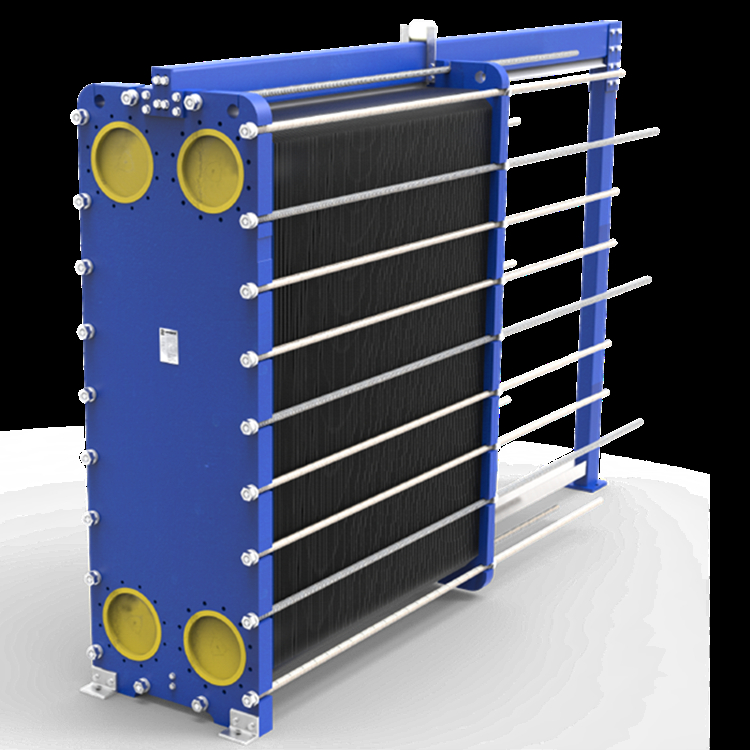
Best plate heat exchanger for beer brewery
The WEMAC plate heat exchanger (PHE) series is extensive, including multiple typ...
More >>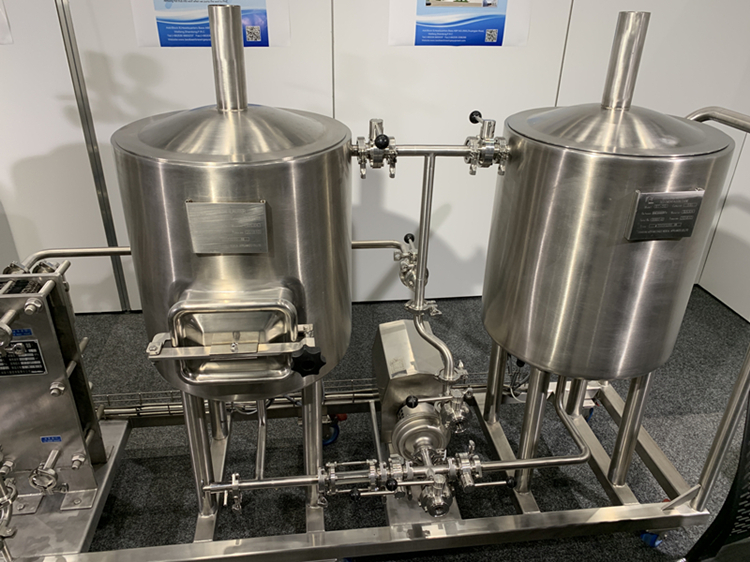
Home beer brew kits brewery equipment
This skid home brewing system is designed for craft brewing amateurs who has bee...
More >>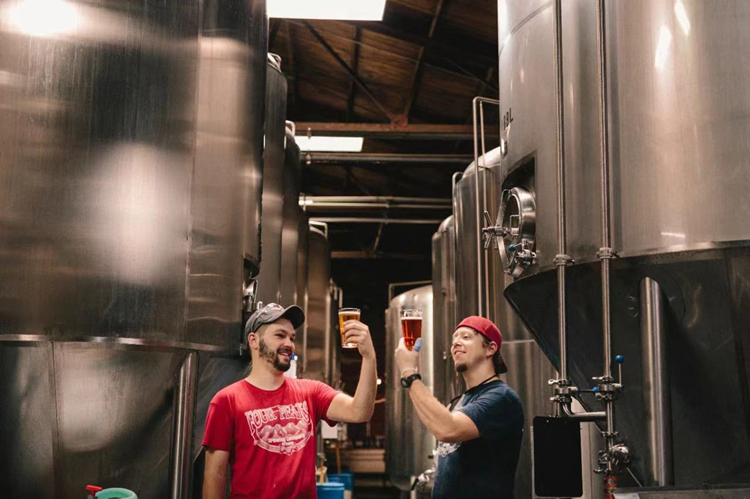
Top quality fermenter and beer bright tank
Brite or Bright Beer Tanks are also known as Beer Conditioning Tanks or Beer Ser...
More >>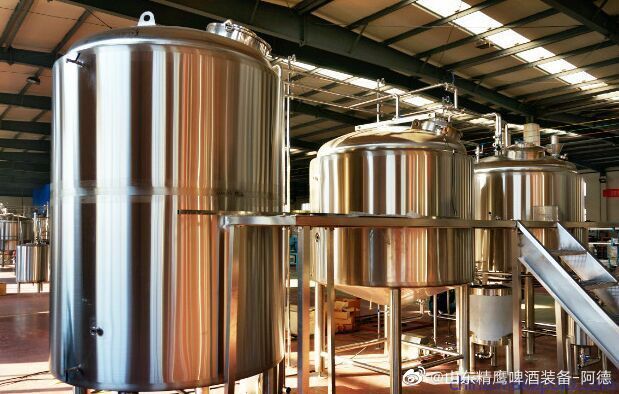
Pro two vessels 5BBL craft brewery in Michigan
Professional beer brewhouse sale well in Michigan state,turnkey brewery services...
More >>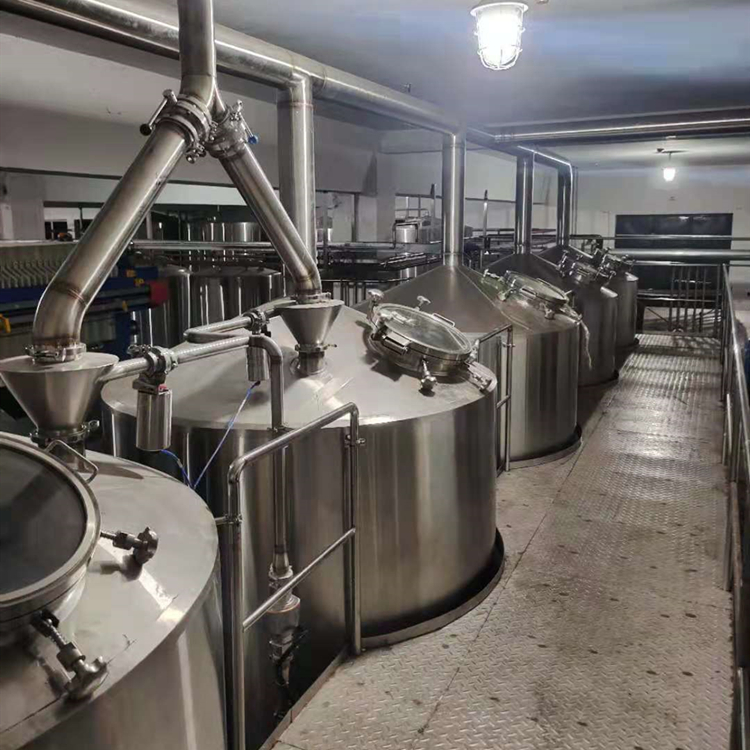
4000L Commercial Beer Brewery Equipment
4000L four vessels craft beer brewing brewery system,gas steam heating,with a be...
More >>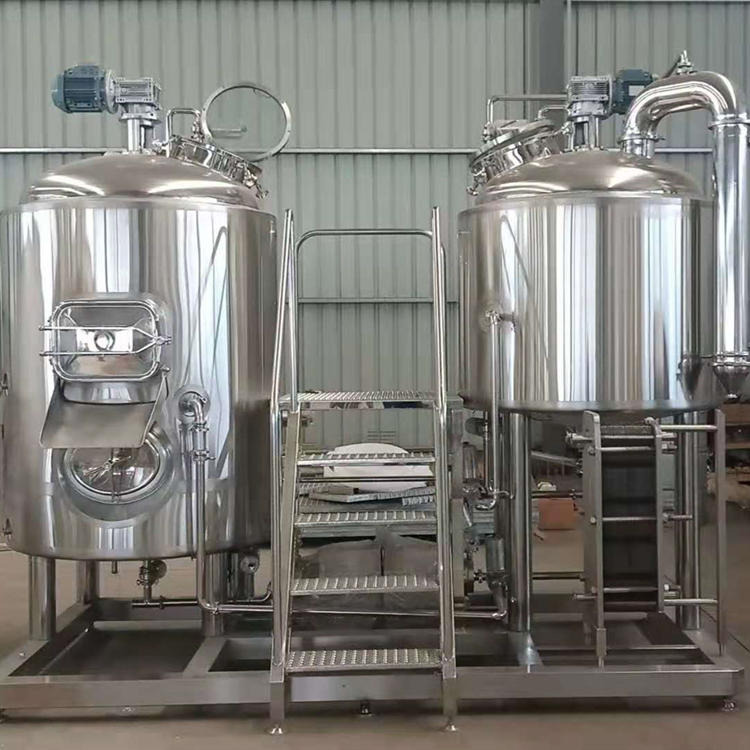
500L Top quality craft beer brewery equipment
Double vessels craft beer brewing brewhouse for sale,mash/kettle tun + lauter/wh...
More >>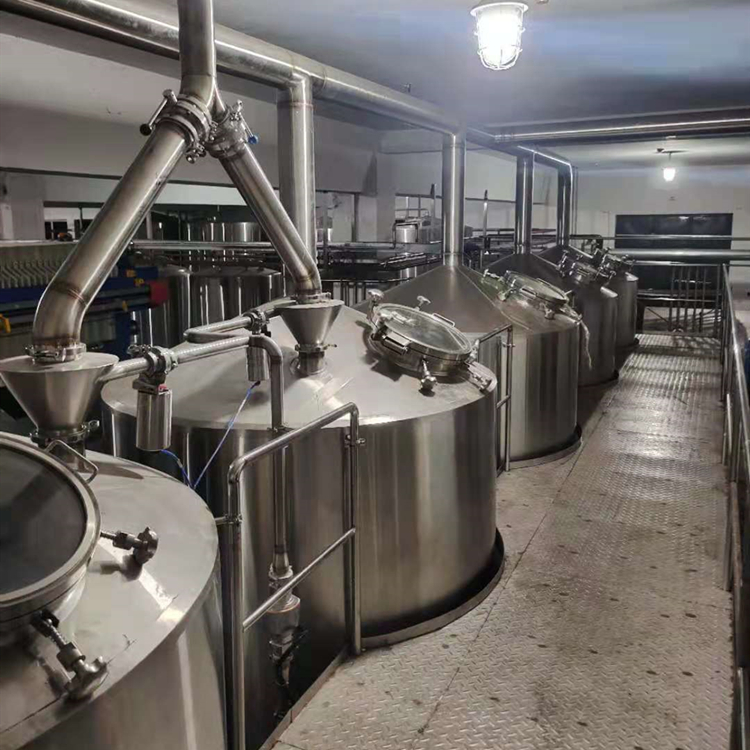
4000L Five vessels turnkey beer brewery
Five vessels craft beer brewhouse system suppliers,Double mash tun+double kettle...
More >>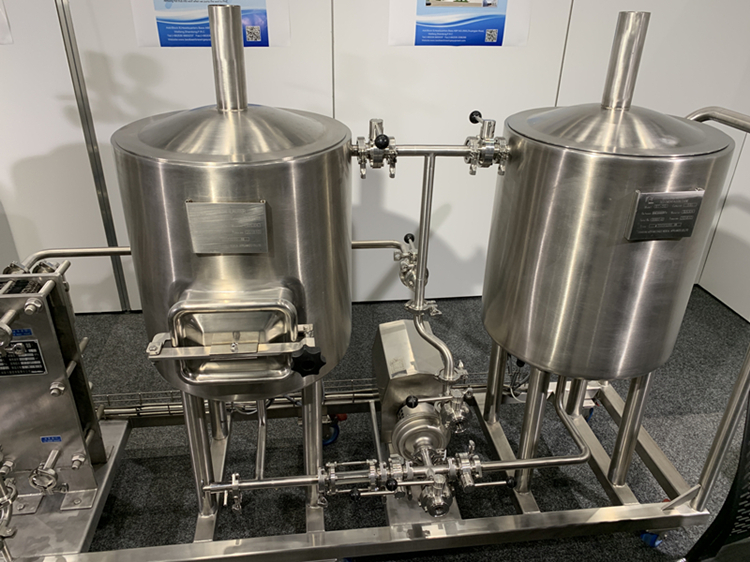
Best 50L home beer microbrewery equipment
Two vessels combination,mash/lauter tun+kettle/whirlpool tun brewery.electric co...
More >>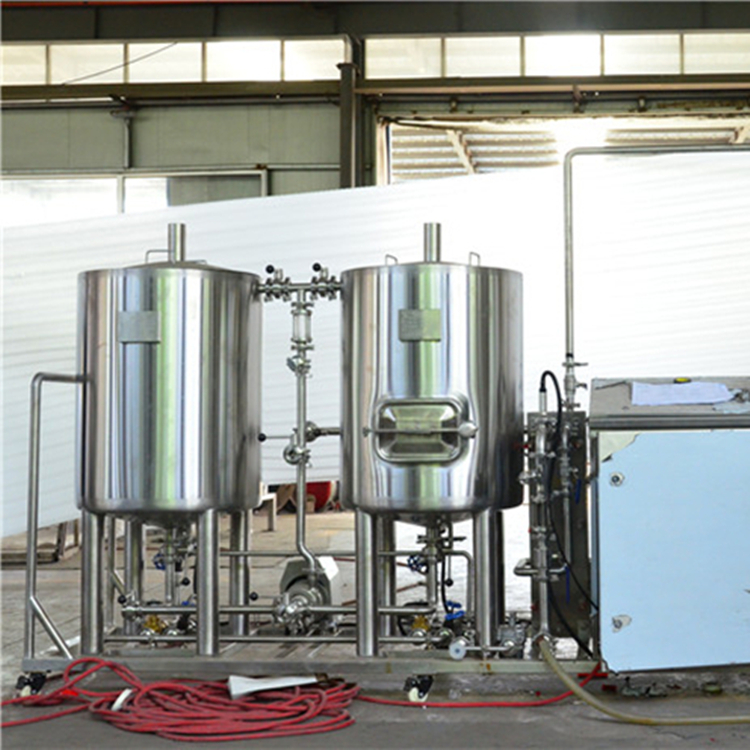
100L beer brewing home microbrewery
Mash/lauter/kettle tun+whirlpool tun,electric coil heating,two stages cooling,pl...
More >>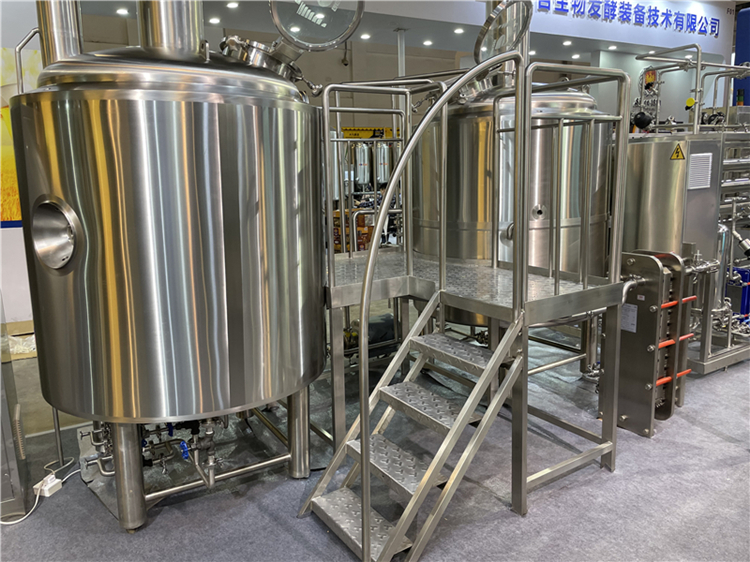
Build me a 1500L beer brewery
mini beer brewery machine from 50L,which is suitable to use in home and family b...
More >>